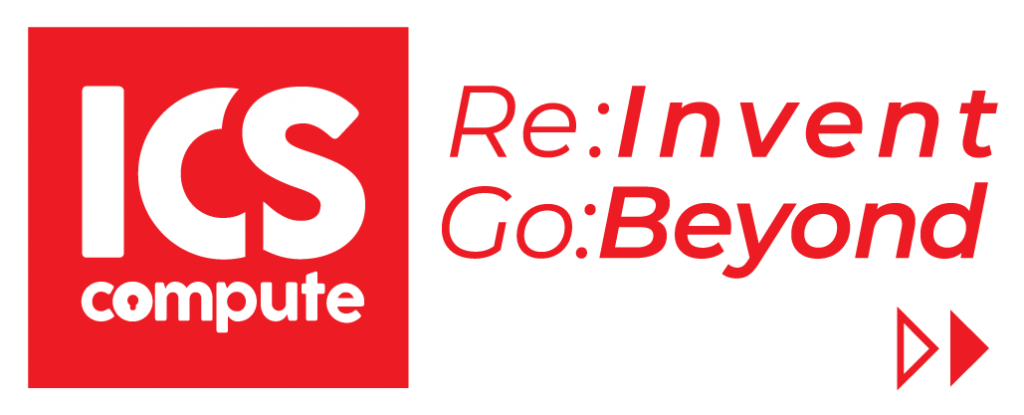
About VMedis
VMedis is a web-based Clinical Pharmaceutical Software solution that assists thousands of pharmacies and clinics in managing their drug inventory and finances. As a Software as a Service (SaaS) provider, the software is accessible from anywhere, ensuring flexibility and convenience for users. The company aims to provide efficient and reliable cloud data center services to support its operational needs and business strategies. VMedis has recognized the need to enhance its existing AWS infrastructure, particularly in terms of security and workload management, to continue delivering top-notch services to its clients.
Problem Statement
During periods of high customer activity or transaction volumes, the application’s accessibility becomes compromised. To tackle this challenge, it’s crucial to first determine which component is experiencing increased load—whether it’s the database or the application server, given that they are hosted separately. Once the bottleneck is identified, scaling up is initiated. However, this process involves downtime as the application needs to be stopped, and there’s a delay while the new server instances are provisioned and become operational. Additionally, this approach results in increased costs due to over-provisioning, where resources are allocated in excess to accommodate peak loads, leading to unnecessary expenses. Currently, the application accesses the database directly, resulting in redundant database calls for each request, even if the requests are repetitive.
Proposed Solution
To address the current inefficiency of direct database access and the challenges posed by high customer activity or transaction volumes, we propose implementing a caching mechanism using Amazon ElastiCache Redis managed by AWS. This eliminates the need for users to manage the caching architecture. By introducing caching, redundant database calls can be minimized, significantly reducing the load on the database during peak periods. Additionally, we recommend implementing load balancing and auto-scaling features for both the application servers and the database. Load balancing ensures that incoming requests are distributed evenly across multiple servers, preventing any single server from becoming overwhelmed. Auto-scaling allows the infrastructure to automatically adjust its capacity based on demand. To achieve this, autoscaling based on CPU and memory metrics should be configured. Implementing auto-scaling using spot instances can help minimize costs, as spot instances offer spare AWS compute capacity available at discounted rates, making them a cost-effective choice for scaling infrastructure dynamically based on demand. Furthermore, we suggest optimizing the database queries and indexes to improve query performance and reduce latency. This optimization will help alleviate the strain on the database and improve overall application responsiveness. By implementing these solutions, we can enhance the scalability, performance, and reliability of the application, ensuring uninterrupted access for users even during periods of high demand.
Metrics for Success
- Reduction in Database Load: Measure the decrease in database load during peak periods as a result of implementing the caching mechanism. This can be assessed by analyzing metrics such as the number of database queries and the average database response time.
- Cost Savings: Evaluate the cost savings achieved through the utilization of spot instances for auto-scaling. Compare the infrastructure costs before and after implementing spot instances to determine the cost-effectiveness of the solution.
- Scalability Efficiency: Assess the efficiency of the auto-scaling solution by monitoring the infrastructure’s ability to dynamically adjust its capacity based on demand. Measure the time taken for scaling actions to occur and the effectiveness of resource allocation during peak periods.
- Availability and Reliability: Monitor the availability and reliability of the application by tracking uptime and response times. Ensure that the application remains accessible to users without interruptions, even during periods of high demand.
- Performance Enhancement: Measure the improvement in application performance resulting from the optimization of database queries and indexes. Analyze metrics such as query execution time, throughput, and latency to ensure that the application’s responsiveness has been enhanced.
By tracking these metrics, we can assess the success of the proposed solutions in enhancing the scalability, performance, and reliability of the application, ultimately ensuring uninterrupted access for users during periods of high demand.
Lessons Learned
In addition to aligning CPU and memory metrics with the application’s behavior, it’s crucial to consider the timing of auto-scaling actions and the duration for which scale-out alarms are triggered. The timing of auto-scaling should be optimized to ensure that new server instances are provisioned promptly to meet increased demand, minimizing wait times for users. Similarly, the duration for which scale-out alarms are triggered should be carefully configured to avoid premature or delayed scaling actions, ensuring efficient resource allocation and responsiveness. Furthermore, maintaining a minimum composition of servers with on-demand instances alongside spot instances is essential to mitigate the risk of spot instance termination. By diversifying instance types, the application can maintain stability and reliability, even in the event of spot instance interruptions. This lesson underscores the importance of strategic instance management and redundancy planning to safeguard against potential disruptions and ensure continuous service availability.By addressing these areas, Vmedis aims to enhance its cloud infrastructure, providing a more secure, efficient, and reliable service to its users while optimizing costs.
Re:Invent Go:Beyond


